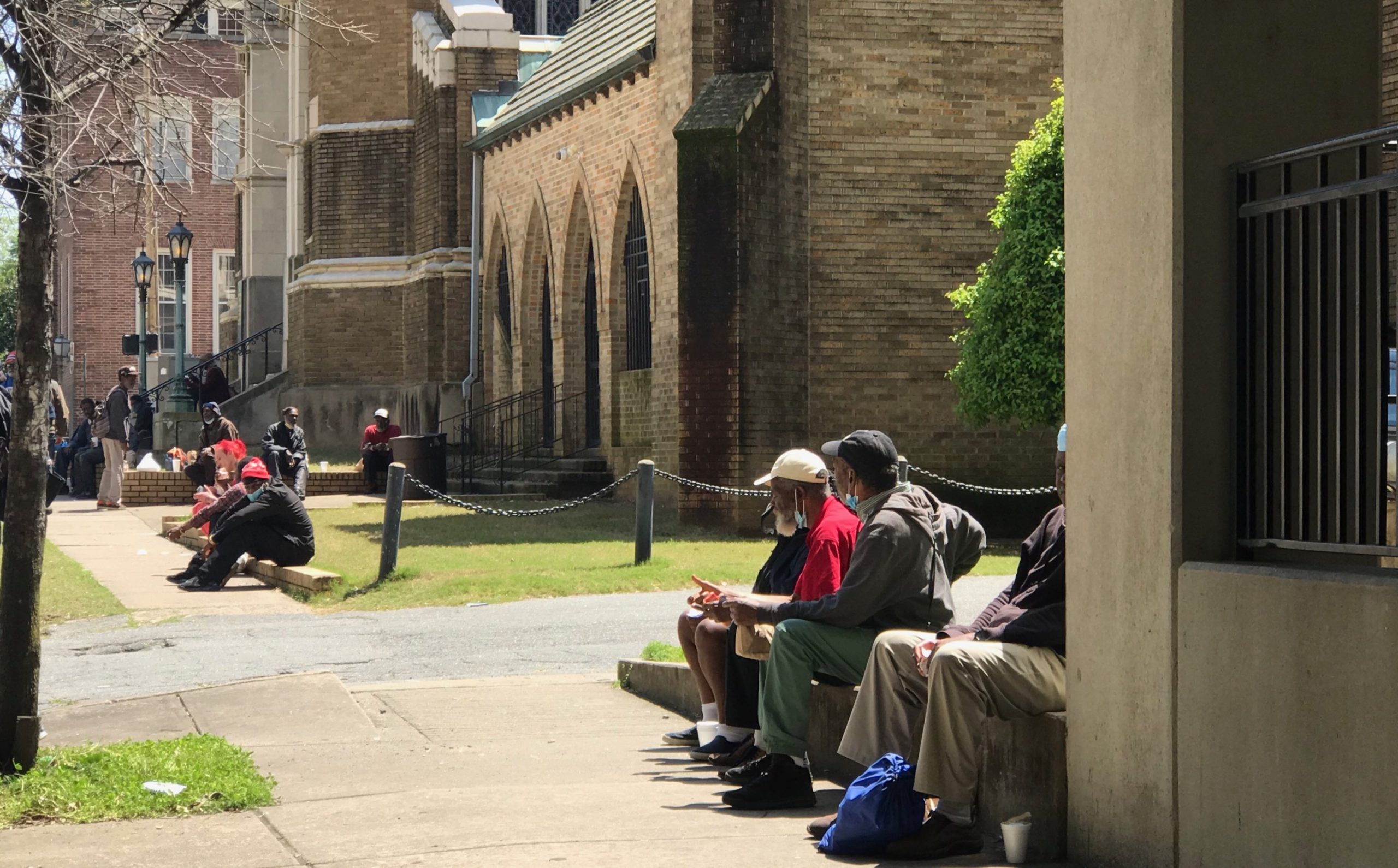Featured
New Study On Homelessness Says ‘They Know What They Need,’ Debunking Myths And Calling For Understanding

The early evening light would soon give way to night as Kenneth walked along the sidewalk, a lonely figure looking for a place to land for the evening.
“I’m been homeless for about four years,” he said.
At 27, Kenneth looked much younger as he took shelter from the fall chill in an oversized hoodie and long cargo shorts.
“If I had some money,” I would probably save it,” he explained. “To buy some property.”
A recent study indicates that Kenneth and the thousands of Americans who are also homeless defy the stereotypes about their ability to manage money. The New Leaf Project, an initiative of Foundations for Social Change – a Vancouver charitable organization, in partnership with the University of British Columbia, conducted the study in which researchers gave 50 recently homeless men and women $5,700. The recipients were followed for 12-18 months, and researchers compared their outcomes with a control group who did not receive the payment.
According to the study, the people who received the money were able to access food much faster, and they built food security that lasted throughout the year. Some were able to save money.
“The homeless population continues to grow, and we keep applying the same old approaches,” Claire Williams, the CEO and co-founder of Foundations for Social Changes, told CNN.
To address the ongoing challenge of homeless, Williams suggested “risk-taking” as a new approach to social change. And, she said ideas about the goals of the homeless are misunderstood.
Williams said, “One of the things that was most striking is that most people who received the cash knew immediately what they wanted to do with that money, and that just flies in the face of stereotypes. People very much know what they need, but we often don’t equip them with the intervention or the services that really empowers them with choice and dignity to move forward on their own terms.”
Homeless during a pandemic
With the pandemic upending lives and eliminating jobs, the specter of homelessness looms large for millions of Americans. When Congress passed the Coronavirus Aid Relief and Economic Security (CARES) Act, states received almost $500 million for grants to assist homeless Americans or those at risk of homelessness. But staying safe without the personal resources to purchase essentials requires dependence on a social safety net as overwhelmed as the rest of the world.
With three weeks until the Election, an executive with the National Alliance to End Homelessness is questioning the policy decisions of some lawmakers.
Richard stretched out on the wrought iron bench on one of the downtown sidewalks. A dispute with a family member pushed him onto the street during a pandemic. And, yet he remained optimistic, listing what he someday hoped to own.
“A house of my own,” he said. “And my own refrigerator.”
He planned to spend the night on the bench, using a big jacket as a blanket. The shelter not far away would provide food the next day. In the meantime, he settled in for the night, most likely thinking of the home he hoped to someday own.

-

 Featured10 months ago
Featured10 months agoCalifornia Is the First State to Create A Public Alert for Missing Black Youth
-

 Featured10 months ago
Featured10 months agoAfrican American Leaders Stay the Course Amid Calls for President Biden To Bow Out of Race
-

 Featured10 months ago
Featured10 months agoThe Debate Fallout Lands on Both Candidates
-

 Featured9 months ago
Featured9 months agoPresident Joe Biden Decides to Withdraw from the Presidential Race
-

 Featured9 months ago
Featured9 months agoIn One of His Final Speeches as President, Biden Says It’s Time for ‘Fresh Voices’
-

 Featured10 months ago
Featured10 months agoPresident Joe Biden Describes Shooting of Donald Trump As ‘Sick’









